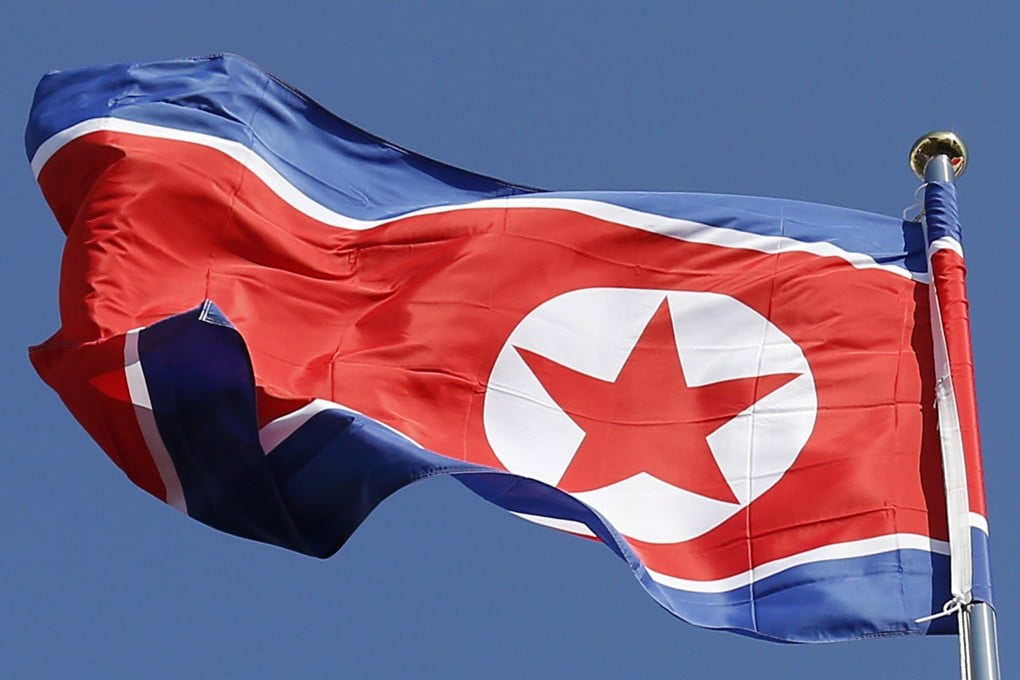UN expert group links four Hong Kong firms to reports of illegal oil shipments to North Korea
- Companies named in report on ships that allegedly helped Pyongyang evade UN sanctions
- Individuals with mainland China connections involved in companies being investigated, Post finds

Four companies registered in Hong Kong have turned up in a United Nations Security Council expert group’s report alleging illegal transfers of refined petroleum to North Korea.
They were directly linked to five ships under investigation for helping the isolated country evade international sanctions that forbade the export of more than 500,000 barrels of oil a year, with all shipments reported to the Security Council.
Checks in Hong Kong showed the companies were headed by mainland Chinese directors or individuals with links to the mainland.
They included two directors who registered their businesses using addresses claiming they were from far-flung, mountainous parts of China. The UN panel suggested that some might be mere figureheads.
The UN experts’ report, aimed at keeping a close watch on North Korea’s nuclear capabilities and whether businesses and member states complied with sanctions, was released last month and reported by South Korean media last weekend.